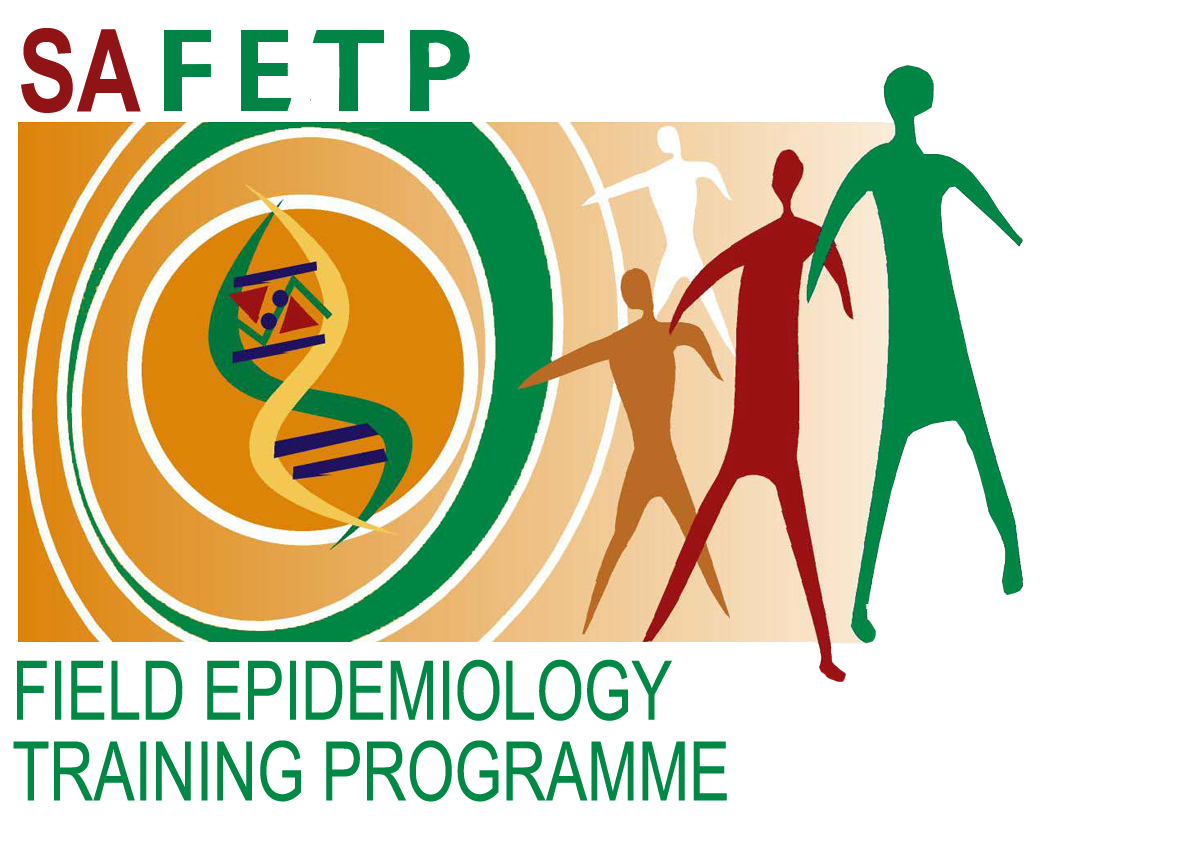
SAFETP NEWS ARCHIVE
To support the second-year residents, the SAFETP held a virtual scientific writing workshop from 11 – 14 August 2020. The workshop offers a committed structured writing time to maximize focus and reduce distractions so residents can complete their requirements for the UP/Wits Master of Public Health (MPH)/Master of Science (MSc) degree. This workshop allows the residents to have focused time to complete their university dissertation on time.
6 July
The South African Field Epidemiology Training Programme (SAFETP) held its second scientific seminar for the year on the 6 July 2020, using a virtual platform. Seven (7) second-year residents presented their projects conducted during their field placement, and first-year residents presented brief overview of their field placement sites.
17 January
The South African Field Epidemiology Training Programme (SAFETP) held its final scientific seminar for the year on the 17 January 2020. The scientific seminars aim at improving scientific communication skills for residents. Seven (7) second-year residents presented their projects conducted during their field placement.
The SAFETP) staff, alumni and residents are working closely with the Emergency Operating Centre (EOC) of the National Institute for Communicable Diseases (NICD), National and provincial departments of health to intensify the surveillance, preparedness and response activities for COVID-19.Two of the trainees are also involved in surveillance activities at their own placement sites at the provincial level. Over the past few years the program has done a lot of work in building field epidemiology capacity in neighboring countries that do not have their own FETPs. The residents/graduates from Lesotho and Malawi are doing good work in supporting their Ministries of Health to respond to the COVID-19 pandemic. The graduates of the frontline (basic) epidemiology courses are participating in surveillance and contact tracing in their respective provinces and districts.
August 2020
Contact tracing and screening of those at high risk of infection are crucial in the management of COVID-19 epidemic. From 11 – 21 August 2020, two SAFETP first-year residents were deployed to Waterberg District, Limpopo Province to support contact tracing activities. The activities during deployment included data management, review of contact tracing processes, home visits to verify contacts of the confirmed cases and COVID-19 data flow with mining facilities.
Part of the field epidemiology training focuses on investigations of public health outbreaks. The SAFETP residents have recently been involved in several outbreak investigations including COVID-19 cluster outbreaks in healthcare facilities.
Between July and November 2019, SAFETP trained four cohorts in frontline epidemiology course across the country to address surveillance data practice gaps among local public health workers. Participants were equipped with skills to collect, analyze, interpret and report public health surveillance data as demonstrated through their presentations during the final week. Participants were also introduced to outbreak investigation and response processes and will now be able to conduct and report on the descriptive phases of any disease outbreak and describe the time, place and person characteristics. At the end of the training, SAFETP awarded completion certificates to 71 local public health professionals.
SAFETP staff attended the Africa CDC meeting at NICD., where approximately 25 representatives from 7 southern African countries (Angola, Malawi, Mozambique, Namibia, South Africa, Zambia, Zimbabwe), The Southern Africa Regional Collaborating Centre, and Africa CDC were in attendance. The overall meeting objective was to develop an action plan to outline the next steps in achieving the goal of training 200 epidemiologists in southern Africa.

